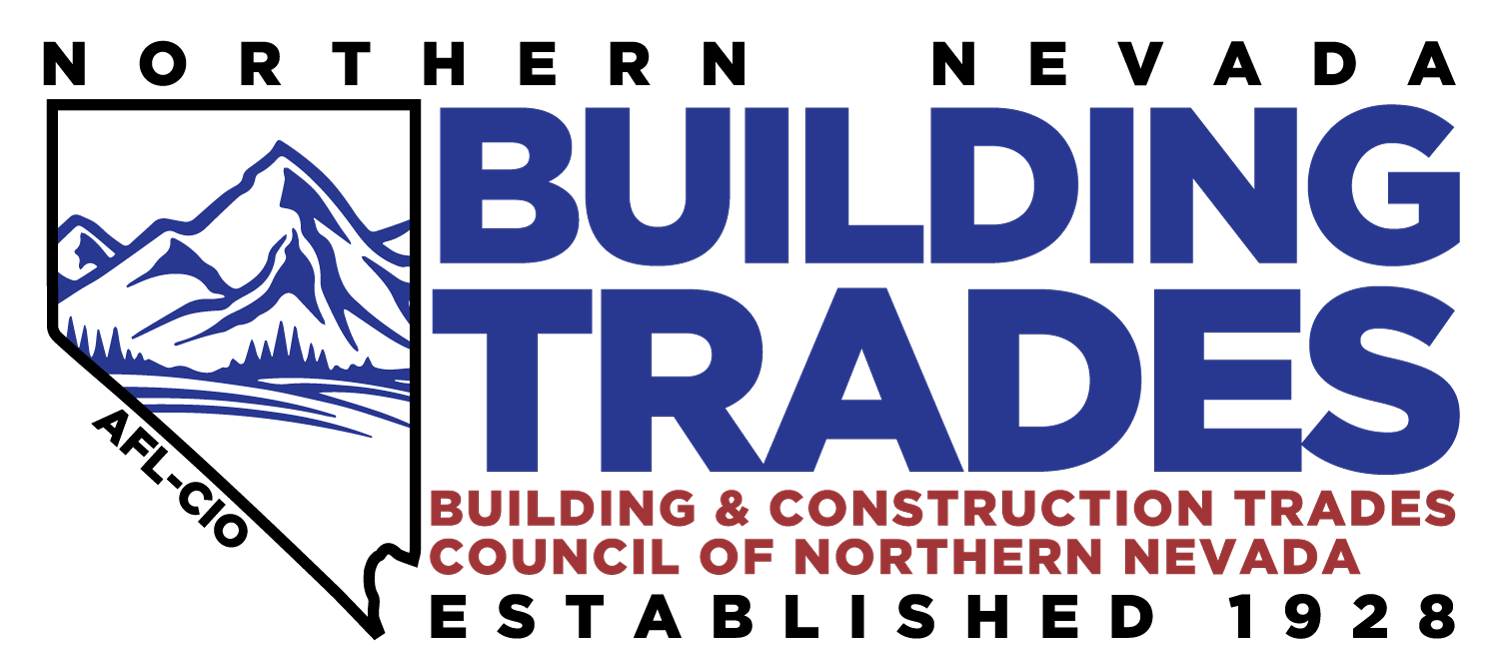Today the Nevada legislature heard arguments for Nevada Assembly Bill 136, sponsored by Assemblymen Frierson, Benitez Thompson, Carlton, McCurdy, Daly; Assefa, Backus, Bilbray-Axelrod, Carrillo, Cohen, Duran, Flores, Fumo, Gorelow, Jauregui, Martinez, Miller, Monroe-Moreno, Munk, Neal, Nguyen, Peters, Spiegel, Sprinkle, Swank, Thompson, Torres, Watts, and Yeager. Special thanks to Nevada State Assembly Speaker Jason Frierson and Government Affairs Chair Edgar Flores for introducing this bill to protect Nevada’s workers, communities, and contractors.
Nevada AB136 proposes changes to the way that prevailing wage requirements are determined for public construction projects in Nevada. If passed, the bill would require public and charter school construction projects to pay 100% of the prevailing wage to construction workers on those projects, instead of the 90% they now pay. The bill would also lower the project budget threshold for prevailing wage requirements on Nevada public works projects from $250,000 to $100,000, and remove specific requirements for the way the labor commissioner determines the prevailing wage. Finally, the bill would allow the prevailing wage to be challenged by any public body, labor organization, or contractor in the project’s county within 30 days of prevailing wage determination.
So why is that important? What does it mean for Nevada?
Prevailing wage laws are public checks against the practice by some contractors of slashing wages for construction labor in order to compete on price for public construction projects, like schools. Under prevailing wage laws, contractors awarded public projects must agree to pay wages the labor commissioner has determined to be the prevailing—or statistically average—wage in the county where the project is located.
Studies show that when prevailing wage laws are weak or non-existent, communities and individuals are negatively impacted. These impacts include erosions to workforce development efforts, increased safety hazards and higher injury rates on the job, and lower—sometimes significantly—wages and benefits for workers, which directly impacts county economic health.
Research also shows that the presence of prevailing wages laws does not increase project costs, which suggests that higher wages offset losses due to unskilled labor, injuries, and decreased productivity when no prevailing wage exists. Prevailing wage laws are also shown to increase workforce diversity and participation in apprenticeship programs.
A robust, skilled labor workforce is critical to Nevada’s future. Nevada Assembly Bill 136 will ensure that the viability, safety, and diversity of our state’s construction apprenticeship programs and workforce will be protected, can grow to meet the challenges of Nevada’s growth, and provide living wage jobs for working Nevadans—which benefits all of us.
Thank you again to Speaker Frierson and Chair Flores, and to the Nevada legislative members who sponsored and support this important bill.

